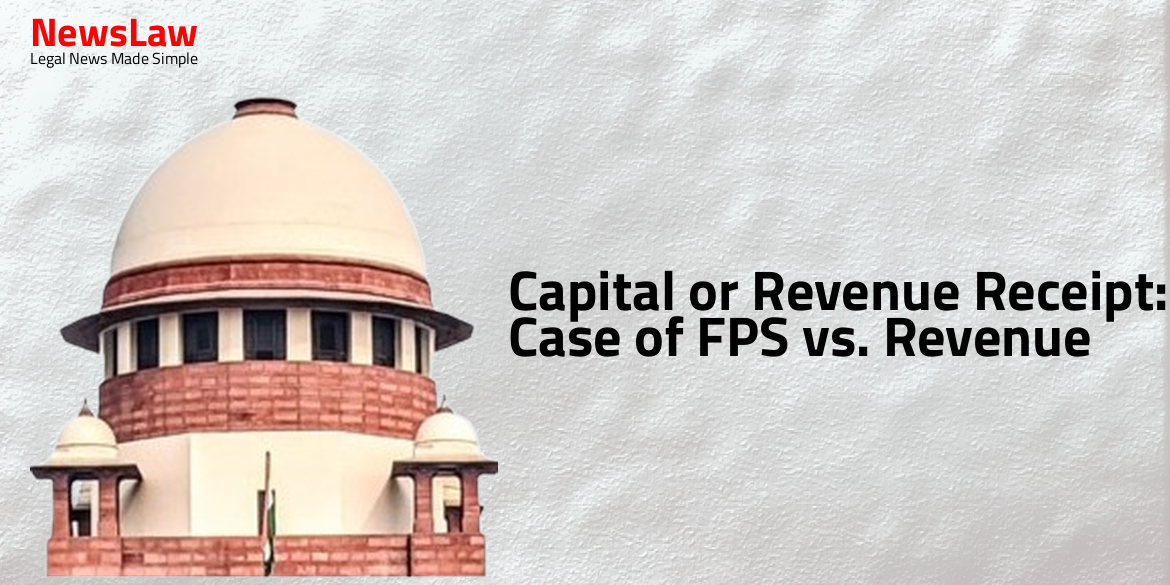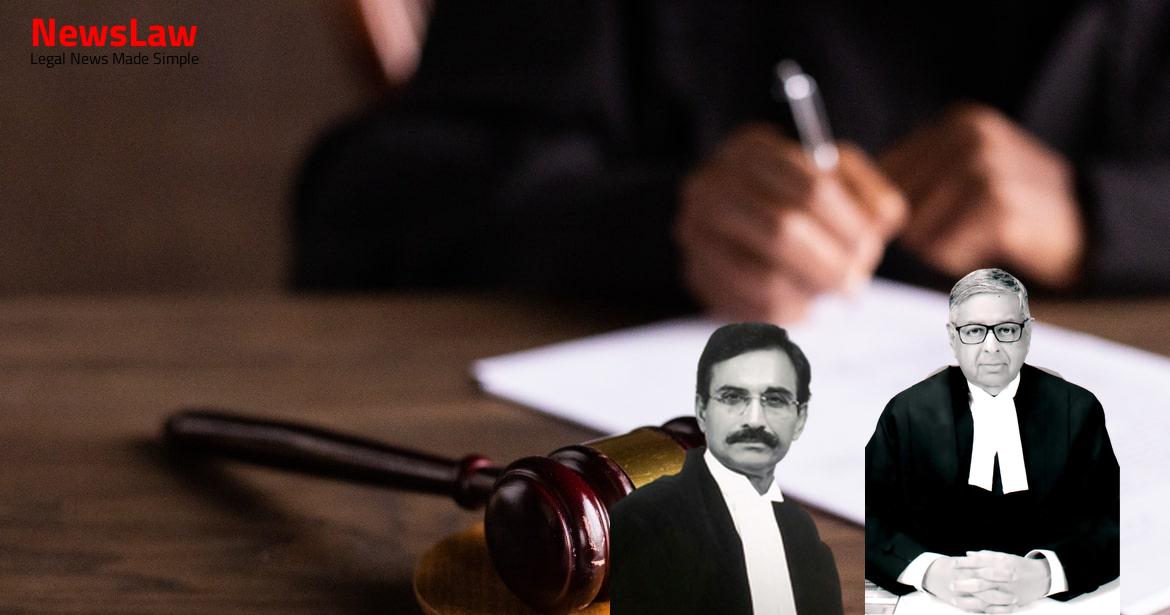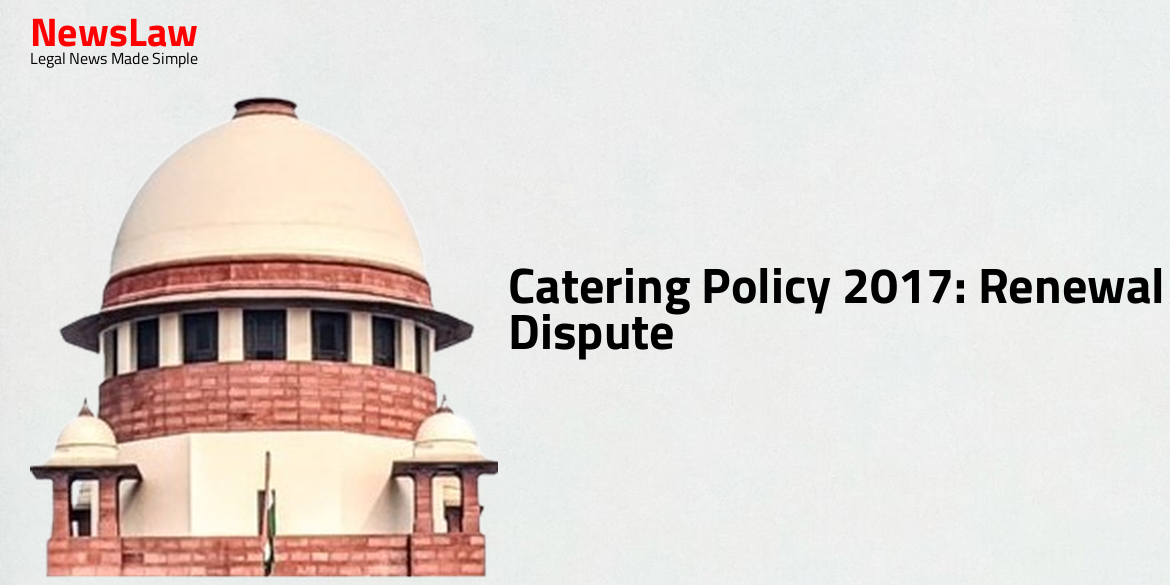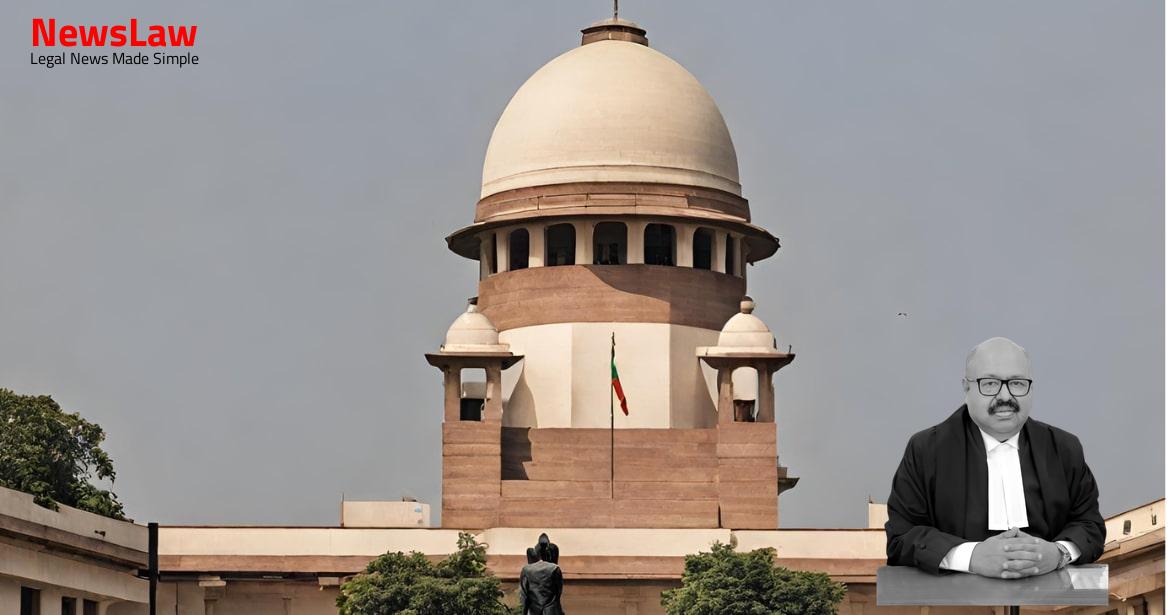In a recent decision by the Delhi High Court regarding the case of FPS vs. Revenue, the court examined the nature of a payment made by FPS to its option holders. The court’s judgment sheds light on the distinction between capital and revenue receipts in taxation matters. Let’s delve into the details of this significant legal ruling.
Facts
- The Revenue rejected the petitioner’s application seeking ‘Nil’ deduction at source certificate regarding the amount receivable from FPS.
- The petitioner contended that the amount receivable does not constitute income under section 2(24) of the Income Tax Act, 1961.
- The Revenue made observations after perusal of the facts and the written submissions of the Assessee.
- FMPL is the wholly-owned subsidiary of FPS, which itself is a wholly-owned subsidiary of Flipkart Pvt. Ltd., Singapore.
Analysis
- The High Court did not consider important aspects in determining whether the amount received for the sale of loom hours was a capital or revenue receipt.
- The applicant’s right to seek payment under Section 15(1) proviso clause (d) does not establish it as a source of income.
- The one-time voluntary payment made by FPS to all option holders was a result of the disinvestment of the PhonePe business.
- Section 17(2)(vi) of the Act defines perquisite to include the value of specified securities or sweat equity shares provided to the petitioner at a concessional rate.
- The application under Section 197 of the Act included details regarding the FSOP, where payments were not made under a legal obligation.
- The Revenue’s contention that the payment was a perquisite linked to ESOPs as compensation for the fair market value of stocks.
- The petitioner did not exercise his options under the FSOP, indicating that the right to receive stock options had not been exercised.
- The payment was made without any legal or contractual obligation, and the character of the payment is determined by its nature, not the mode of payment.
- The AO did not inquire further about FSOP details despite the application under Section 197, leading to incomplete information before the AO.
- The value of specified securities under Section 17(2)(vi) can only be calculated post option exercise, which was not done in this case.
- Perquisite includes the value of any specified security or sweat equity shares allotted or transferred, directly or indirectly, by the employer or former employer to the assessee at a concessional rate.
- Compensation payable for the diminution of the intrinsic value of ESOPs, even from a former employer, is considered income and is taxable under the head ‘Salaries’.
- ESOPs result in a taxable perquisite at the time of allotment of shares, equivalent to the fair market value less the exercise price.
- The compensation linked to ESOPs, received directly or indirectly from a former employer on account of the fair value diminution of shares, is taxable under ‘Salaries’.
- It does not matter if the compensation is paid directly by the former employer or indirectly through its group companies; the tax treatment remains the same.
- Section 17(2)(vi) of the Act defines ‘Perquisite’ and explains the valuation of specified securities or sweat equity shares for tax purposes.
- The determination of whether a receipt is capital or income depends on the facts of the particular case and can involve a conclusion of law drawn from those facts.
- In cases where compensation is received for the cancellation of a contract that does not affect the trading structure or deprive the recipient of their source of income, the receipt is considered revenue.
- The quality of the payment, not the method or measure of payment, determines whether it is classified as capital or revenue.
- Payments may be viewed as revenue or capital depending on the perspective of the payer and receiver.
- Expenditure must be both incurred wholly and exclusively for the business purpose and of revenue nature to qualify for deduction under Section 10(2)(xv).
- Voluntary payments without consideration that cannot be traced to a real source of income are not considered income.
- Payments made in lieu of a change in contractual terms may be treated as capital receipts, especially if they are not related to the termination of a regular business contract.
- Compulsory or discretionary nature of a government payment does not determine its classification as capital or revenue.
- The cancelation of an agency agreement may result in a capital receipt if it impairs the trading structure or source of income of the assessee.
- Compensation paid for the cancellation or cessation of a managing agency could be considered as a capital receipt based on the nature of the transaction and other relevant factors.
- Payment in question was not linked to petitioner’s employment or business, but a one-time voluntary payment to all option holders of FSOP.
- The amount received by petitioner did not arise from any transfer of stock options by the employer.
- The payment was a voluntary one-time payment not based on any statutory or contractual obligation.
- The amount cannot be considered a perquisite under Section 17(2)(vi) as the stock options were not exercised by the petitioner.
Decision
- The writ petition has been allowed and disposed of with necessary directions.
- The transaction in question occurred on 31.07.2023.
- The petitioner has been given the liberty to file an application for a refund of the TDS amount with the Revenue.
- The Revenue has been directed to consider the petitioner’s application as per the observations made and existing regulations.
Case Title: SANJAY BAWEJA Vs. DEPUTY COMMISSIONER OF INCOME TAX TDS CIRCLE, 77 (1), DELHI & ANR. (2024:DHC:4574-DB)
Case Number: W.P.(C)-11155/2023



